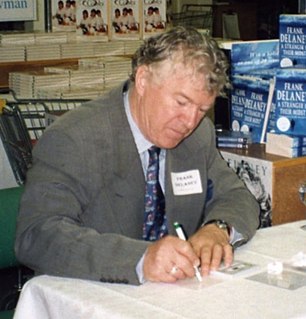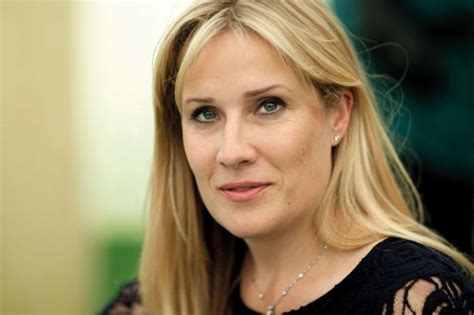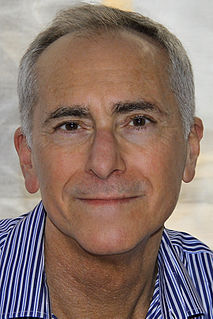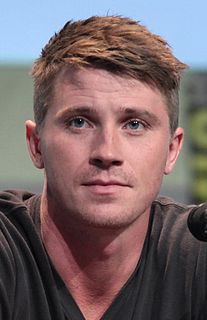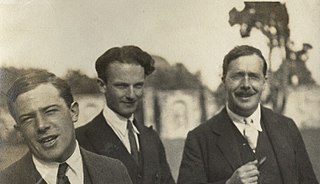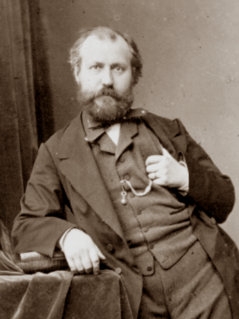A Quote by Frank Delaney
'The Great Gatsby,' by F. Scott Fitzgerald, remains the most perfect novel that has ever come out of the United States. Everything in the book moves as it should, in the manner of a piece by Bach or Mozart.
Related Quotes
Fitzgerald could sense that America was poised on the edge of a vast transformation, and wrote a novel bridging his moment and ours. The Great Gatsby made manifest precisely what Fitzgerald’s contemporaries couldn’t bear to see, and thus it is not only the Jazz Age novel par excellence, but also the harbinger of its decline and fall.
I developed a mania for Fitzgerald - by the time I'd graduated from high school I'd read everything he'd written. I started with 'The Great Gatsby' and moved on to 'Tender Is the Night,' which just swept me away. Then I read 'This Side of Paradise,' his novel about Princeton - I literally slept with that book under my pillow for two years.
I fantasised about F. Scott Fitzgerald's 'The Great Gatsby' - I loved it, and then I read everything J. D. Salinger had to offer. Then I was turned on to Kerouac, and his spontaneous prose, his stream of consciousness way of writing. I admired him so much, and I romanticised so much about the '40s and '50s.
There are some things fundamentally off about the stance of the book. And maybe that's okay; maybe every book is flawed, and great books, as flawed as they might be, articulate a moral argument that the reader then carries forward. The critique to this model is, of course, to ask: Should a book be ever so perfect that you come out of it with complete moral agreement that can be sustained?
